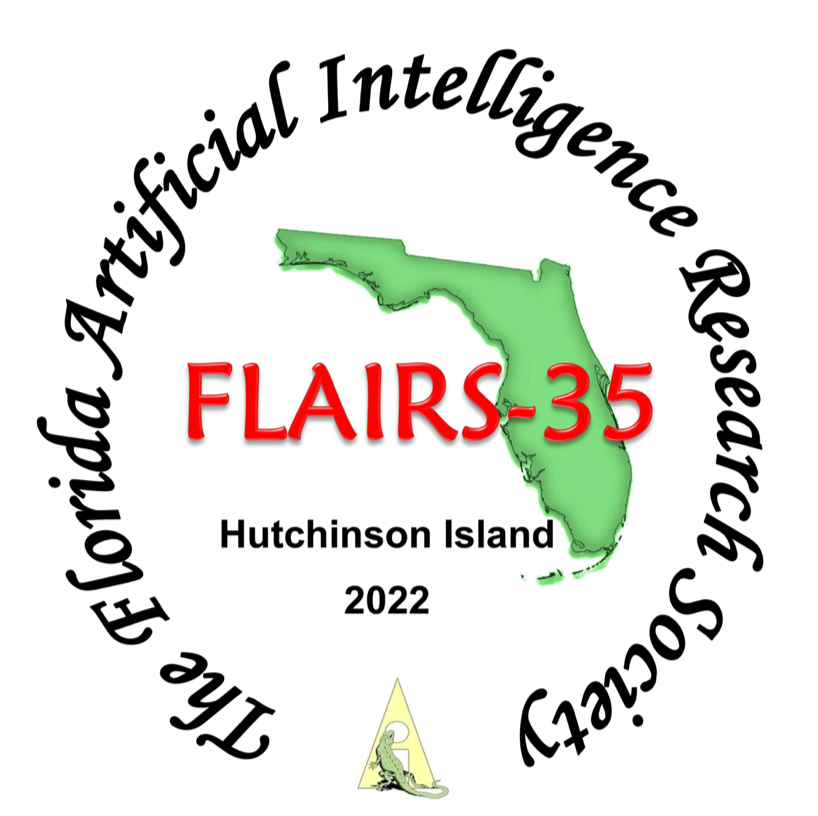ColorNephroNet: Kidney tumor malignancy prediction using medical image colorization
DOI:
https://doi.org/10.32473/flairs.v35i.130689Keywords:
Medical Image Classification, Transfer Learning, Colorization, Renal, Tumor, Computer Aided DiagnosisAbstract
Renal tumor malignancy classification is one of the crucial tasks in urology, being a primary factor included in the decision of whether to perform kidney removal surgery (nephrectomy) or not. Currently, tumor malignancy prediction is determined by the radiological diagnosis based on computed tomography (CT) images. However, it is estimated that up to 16% of nephrectomies could have been avoided because the tumor that had been diagnosed as malignant, was found to be benign in the postoperative histopathological examination. The excess of false-positive diagnoses results in unnecessarily performed nephrectomies that carry the risk of periprocedural complications. In this paper, we present a machine-aided diagnosis system that predicts the tumor malignancy based on a CT image. The prediction is performed after radiological diagnosis and is used to capture false-positive diagnoses. Our solution is able to achieve a 0.84 F1-score in this task. We also propose a novel approach to knowledge transfer in the medical domain in terms of colorization based pre-processing that is able to increase the F1-score by up to 1.8pp.
Downloads
Published
How to Cite
Issue
Section
License
Copyright (c) 2022 Aleksander Obuchowski, Barbara Klaudel, Roman Karski, Bartosz Rydziński, Mateusz Glembin, Paweł Syty, Patryk Jasik

This work is licensed under a Creative Commons Attribution-NonCommercial 4.0 International License.


